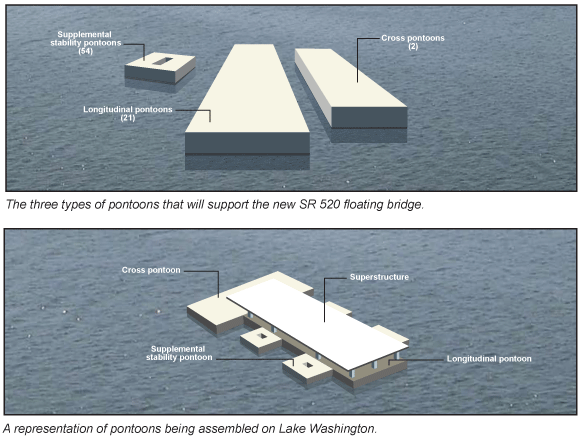Sermon text below sermon audio…
Trinity Church, Newport RI
Sunday May 21st 2017
The Reverend Alan Neale
“Pontoons for Jesus”
In 2009 an American cartographer, Andy Woodruff, wrote these words: “Apparently in Maine they have a saying, “you can’t get there from here” (spoken in a Maine accent), said when giving directions as an observation of the impossibility of traveling a direct route between certain places. It seems to have something to do with lakes and the organization of roads in the vast rural areas of the state. To some extent it also holds true in other parts of New England.”
Apparently R.E.M. (you know the name? an American rock band from Athens, GA), well apparently they wrote a song entitled “Can’t get there from here.”
But isn’t this all based on the apocryphal story of the weary, lost traveler in Ireland who, seeing a local, stops and asks him for directions. “Oh,” the man says carefully, “you can’t get there from here.”
I am convinced that there are many churches, maybe even denominations, who take a similar approach when an inquirer is bold enough to enter their churches… seeking God, seeking an explanation of a sacred experience. Instead of respectful welcome, intent attention… they are bombarded with a list of guidelines, rules, manuals… the message is… “You’re looking for God, well you can’t get there from here; from where you are right now.”
How did this devilish, deceitful lie ever come to be and to be so piously propagated?
For several years I had the honor of working with two retired assistant priests at St. Columba’s Chapel. One of them, Hebert Bolles, had a few idioms, mantras, statements he would often repeat (no comment please!) – one of them, “Jesus always come to where we are…”. You bet… lepers, prostitutes, thieves, traitors and quislings… all had the delightful sweet privilege of looking up… and seeing Jesus… just where they were not where the established religious prigs would have them be.
So, Acts 17, St. Paul is wandering in the cosmopolitan, urbane, sophisticated city of Athens – where liberal acceptance is the key. Encountering the altar inscribed “To An Unknown God”, Paul does not berate nor belittle the Athenians; he begins where they are and then offers to lead them further. Encountering the words of a well-know poet “In him we live and move and have our being”, Paul does not berate nor belittle the Athenians; he begins where they are and then offers to lead them further.
In Peter’s first Epistle (chapter 3), he does not argue for aggressive evangelism, inopportune indoctrination; rather he says, “Be ready… when someone asks you for an accounting of the faith within you.” Begin where they are, when the time is presented…
And whatever the closing words of this third chapter of Peter means (about Jesus descending to the dead)… at the very least it is a powerful and eloquent expression of this truth – “wherever you are, you can encounter God in Christ”.
My decades long commitment to baptizing, marrying, burying those, as yet unchurched, is shaped and motivated by this profound truth… build bridges not barriers, create… “pontoons for Jesus.”
In the august and respectable edifice of The Church of the Holy Trinity, Rittenhouse Square, Philadelphia we created a culture that eagerly welcomed the community into that sacred space; they were welcomed to identify, celebrate and support their lives, their gifts, their skills, their hopes and fears. So music and dance, theater and even rummage sales found temporary residence in that erstwhile edifice to respectability and exclusivity and, behold, there were those who crossed those beautiful bridges, those precious pontoons and found a new faith amongst that Christian community.
Let it be said though that this commitment to building “pontoons for Jesus” is done in and of itself, it is right and I believe true to Jesus to do this… and we do not cease nor desist, waver or surrender simply because we do not see results!
Today’s gospel speaks of the Father’s love for us – a love, though costly and bloody, a love that accepts, attends and at some point will transform.
Thus is the Father’s love for us, thus should ours be for ourselves, one another and for the world.
AMEN

